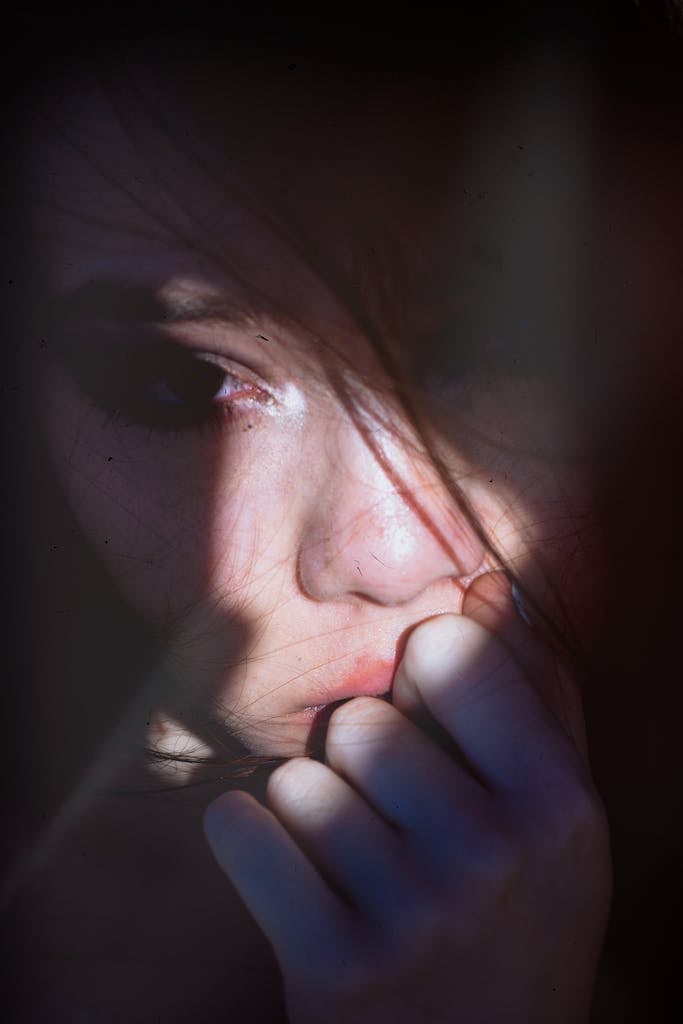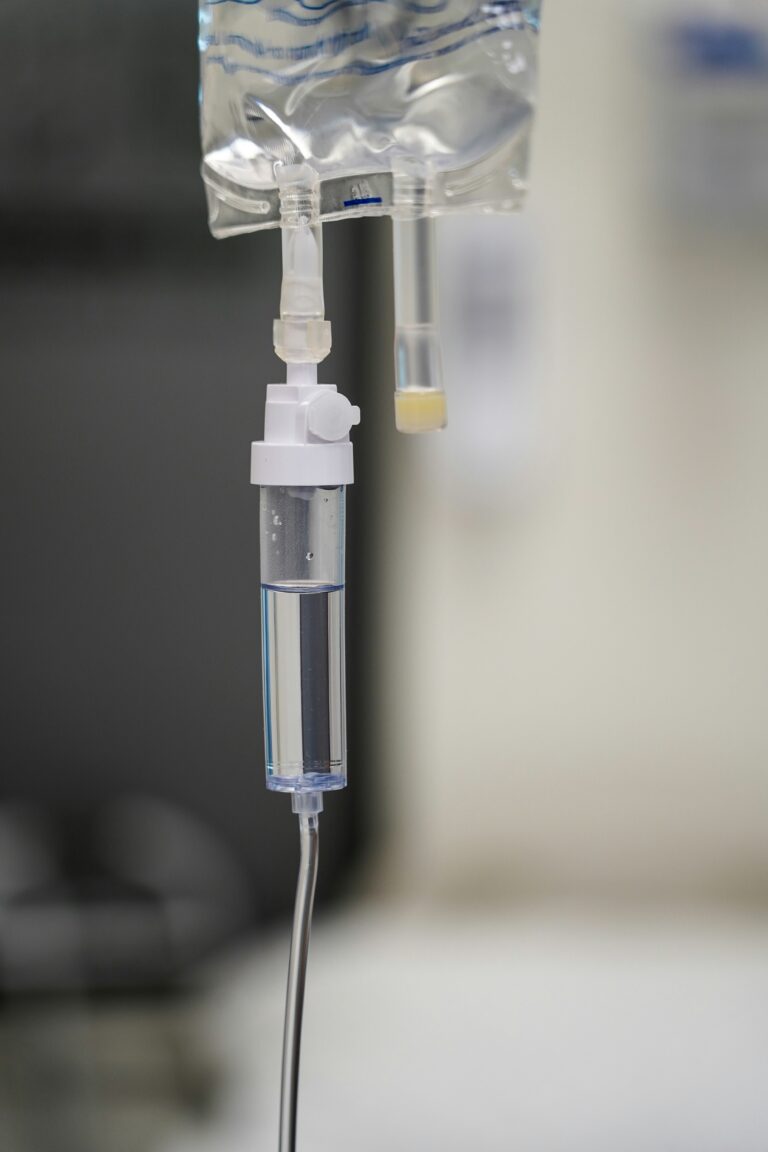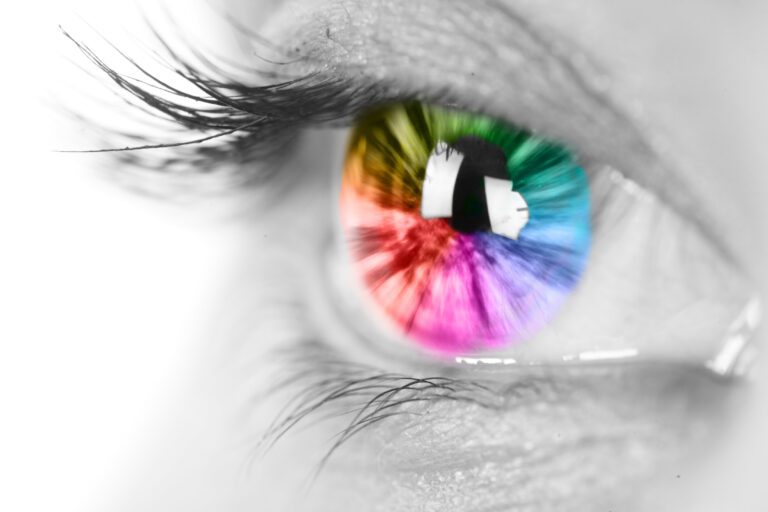Is Bipolar Disorder Overdiagnosed?
With extreme certainty, I can say that doctors overdiagnose bipolar disorder.
These days, there is more and more evidence suggesting the mind-body connection concerning the treatment of various illnesses. Bipolar disorder falls into this category.
Unlike illnesses such as pneumonia, cancer, or diabetes, there is no specific test to identify bipolar disorder in an individual. As such, diagnosing bipolar disorder is not an exact science.
This is a very big point I want to make. Since there is no test to verify bipolar disorder in an individual, an evaluation needs to be made by a medical professional.
Medical professionals are human beings. Human beings make mistakes. Medical professionals are human beings and make mistakes too.
Why Is Bipolar Disorder Overdiagnosed?
The doctors diagnosed me with bipolar disorder back in 1999. It is now 2019, 2 decades later, or 20 years.
In this period, the percentage of individuals diagnosed with bipolar disorder has shot through the roof.
Unfortunately, these days I see bipolar disorder overdiagnosed. Bipolar disorder is overdiagnosed not only because of the sheer numbers but also because of the way it is diagnosed.
Also, there are just not enough resources (medical professionals and facilities) to take care of the demand.
Example from My Own Journey
Let me give you an example from my own journey.
As I stated previously, doctors diagnosed me with bipolar disorder back in 1999. This was after about a year of evaluations, tests, and therapy.
My doctors worked to rule out any physical abnormalities and other illnesses. Many physical illnesses resemble various psychiatric issues. These can be acute and/or chronic.
To receive the diagnosis of bipolar disorder, a doctor needs to dive into your background. This means both your past and where you are currently.
My doctors literally covered all bases to solidify my diagnosis of bipolar disorder.
These days, times have changed.
A few years ago, I spoke to an individual who had been hospitalized. To be admitted to any hospital, you need to be in an emergent situation. It is an extremely scary experience. I can attest to that.
She told me this was her first hospitalization, and she had been experiencing psychotic symptoms. In the hospital, the doctors diagnosed her with bipolar disorder type 1.
If you have ever been in a psychiatric facility, you know how little time the doctors spend with each patient.
I bring this up because a doctor cannot possibly rule out all other illnesses in such a short period.
I spent a year undergoing testing and evaluations to determine my final diagnosis of bipolar disorder. In the end, I received a handful of other diagnoses, but the doctors continued to work with me until they were 100 percent sure.
This lady spoke to a doctor for maybe 30 minutes in a psychiatric hospital.
I want to be perfectly clear here. I am in NO way minimizing or discounting her experience. Psychosis is scary stuff.
Suffering is suffering whether you have the label of “bipolar disorder” or something else.
This is the Problem
Here’s the problem.
After being discharged, she made the decision not to take medication. Instead, she focused on eating healthy and exercising.
This is where the label of “bipolar disorder” matters, and it exemplifies why doctors overdiagnose it.
When I spoke to her, she said they had shown her a cure for bipolar disorder. She went on to explain I just need to focus on my eating habits and exercise daily. It would also be a good idea to reduce the stress in my life.
I’m a huge proponent of daily exercise and healthy eating habits. In fact, I use them in my daily treatment plan to increase my quality of life.
This lady may live with bipolar disorder or may not. Either way, the label of “bipolar disorder” was slapped on her wrist.
The point is that she is using her experience as gospel. She feels if it worked for her, then it should work for everyone else. Doing x, y, and z will cure me.
If only it were that simple.
Bipolar disorder is a serious and complex illness.
I have always found it ironic how some think you can exercise and eat healthily and you will never have an issue again. For this case to be true, you would never see professional athletes diagnosed with bipolar disorder, depression, or anxiety.
Let me be perfectly clear here:
THERE IS NO CURE FOR BIPOLAR DISORDER.
With proper treatment, individuals can effectively manage bipolar disorder over the long run.
Personally, my treatment plan has evolved over the 20 years since my initial diagnosis of bipolar disorder.
Initial Treatment Plan
At the beginning of my treatment, my focus was getting on the right meds. This was no simple process or task.
It took me years to find a combination that provided some type of functionality without going through one episode after another.
I also found a fantastic therapist, and he helped me to navigate this illness and my life.
These were my survival years.
Long-term Treatment Plan
As I mentioned, my initial treatment consisted of medication management and therapy.
Through the years, I slowly added various coping strategies and self-care techniques.
Even before medical professionals recommended exercise, I was working out regularly. I found my love for weightlifting in high school and have pretty much stayed the course throughout my life. I’ve been side-railed several times because of my illness, but I always start back up again.
In addition to exercise, I have added healthy eating habits to my arsenal. That pretty much goes hand-in-hand with my workout program. Although, I have to keep tabs on my eating habits because I love food.
Sleep is another area I have improved. Getting enough sleep each night is extremely important. Living with bipolar disorder, lack of sleep can be the final trigger to experiencing an episode.
Sleep is restorative for your brain and body. Not only should you get at least 8 hours of sleep each night, but the time you go to sleep each night and wake up should be as consistent as you can manage.
Routine and stress reduction are two other areas of my focus as well.
All these ideas I am mentioning did not happen overnight. It has taken me time, commitment, and energy to find the best tools to help with the longevity of managing my illness.
Some of these treatment ideas are simple, but living with bipolar disorder, you must become an expert in them.
Last Thoughts About Bipolar Disorder Being Overdiagnosed
In my experience, doctors overdiagnose bipolar disorder.
Again, there is no current cure for bipolar disorder. Do not let the misguided intentions of others derail your success or your focus.
With the proper treatment, you can manage bipolar disorder long-term.
At first, it can be extremely discouraging. Just stay the course. In the end, it is worthwhile and a commitment.
It partly increases the overall stigma of bipolar disorder. Do not be a part of the problem but of the solution.
By actively engaging in your treatment and educating others, you can contribute to reducing this stigma.







